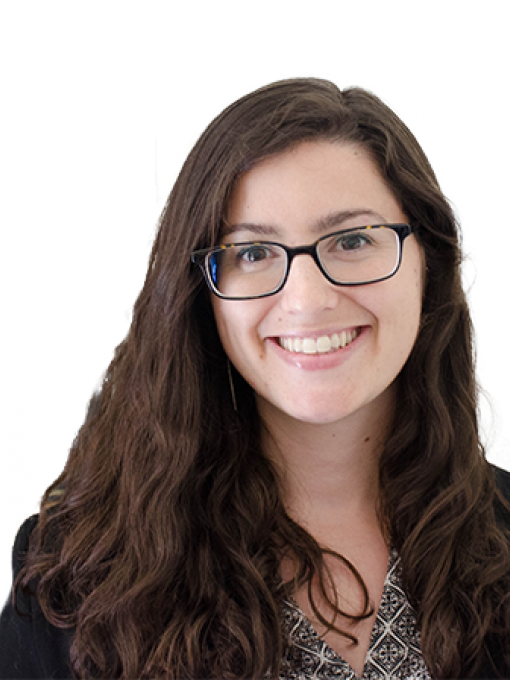Lobbying with a group multiplies your power; every person’s stories and connections can help move policy change forward. Finding a group to lobby with takes intentional conversations – just like a lobby visit!
It might seem daunting at first to ask people to advocate with you for peace and justice. But if you’ve ever done a lobby visit, you’ve already practiced the tools you need to have this conversation.
Before you start an outreach conversation, identify people in your community who might be interested in this work.
Use the anatomy of a lobby visit as your guide: Thank you, story, ask, follow-up.
Say Thank You
Make it personal. Connect it to this person’s passion/interests.
Example: The photos you’ve been posting on Facebook are really stunning, Anna. Each image is a work of art! I especially like how you’ve taken some of our regional landscapes and included a line of poetry, or a quote about caring for the earth, and then tied that into the realities of climate change. You’ve really got a gift; thanks for sharing it with us all.
Share a Brief Story
Tell how you got involved with FCNL’s lobbying work. If possible, contextualize your story to tap into the interests/passions/experiences of the person you’re meeting with.
Example: I recently traveled to the former East Prussian city from where my friend and her family escaped at the end of WWII. Families are living in buildings that have yet to be restored on streets that are still impassible. Seeing firsthand the devastation of war even 70 years later — and hearing that nearly every family over there has traumatic war stories to tell — was my wake-up call. I knew I had to come home to my own country and work for peace.
Make an Ask
Be specific. People are much more likely to take part in something when they understand they have something unique to contribute. Speak to how this person’s gifts/skills/passions would empower your lobbying, and how they would benefit by taking part.
Example: Jen and Dan, your Rotary Club presentations from your Doctors Without Borders trips have really moved me. I’ve been lobbying with FCNL, and I’m confident that your stories would make an impact with our members of Congress, too. Recently, you said you felt there was a missing link in your work; that you wished you could find a way to stop political horrors before they begin. Would you come with me to a meeting with our representative’s local office to talk about peacebuilding?
Follow Up
Agree upon a time/method for you to follow up for additional dialogue, answering questions, etc. It’s important to remember that, just like with our members of Congress and the media, forming and growing an advocacy community requires ongoing engagement and relationship building (it’s a marathon, not a sprint!).
What if they say…?
No: Respectfully ask if they would be open to future conversation. If so, decide on a time to check back (i.e., 6 months, a year, etc.)
Maybe / I’ll think about it / Not right now: Not everyone who is interested will be ready to dive right in right now. Ask when would be a good time for you to check back. Above all, keep the channel of communication open.
YES: Congratulations to you and your newest fellow advocate! Keep up the good work by reaching out and building on the momentum. They may be a good resource for additional participants: ask if he/she knows others who may be interested in taking part.
Thanks to Trish Bruxvoort Colligan for her work on this resource! This document was originally developed for Advocacy Teams. This network of advocates works to build congressional champions for peace and justice.
Find out how to start an Advocacy Team in your community.
Get more advocacy resources
Strengthen your advocacy with tips and how-to guides.

